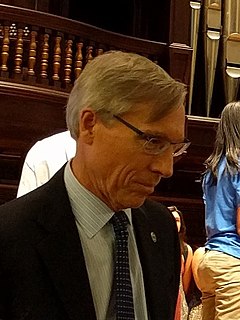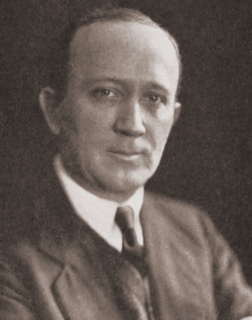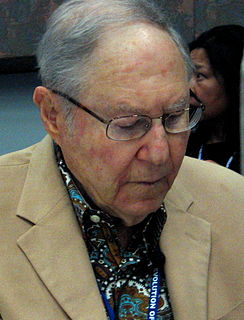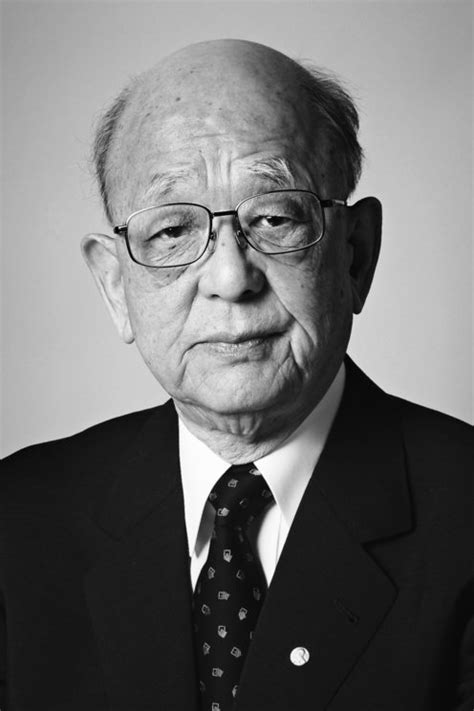A Quote by David W. Oxtoby
A significant contribution to science pedagogy and to the scholarship of teaching and learning. ... [W]ill be of interest to researchers in the area of science education and to college and university faculty members who seek to improve their teaching.
Related Quotes
I believe that a core problem with undergraduate education, especially at research universities like Harvard, Stanford, NYU, etc, is that most teaching is done by PhDs, who by temperament, training, interests, and rewards are researchers first. So they spend most of their time and energy probing a snip of a field's cutting edge. In my view, the attributes needed to be a transformative undergraduate instructor are pretty orthogonal to that. It would seem that undergraduate education would be superior if there was a separate track for teaching faculty.
A US Department of Education; implementation of a scientific materialist philosophy; studies, being cleansed of religious, patriotic and other features of the bourgeois ideology; students taught on the basis of Marxian dialectical materialism, internationalism and general ethics of a new socialist society; present obsolete methods of teaching will be superseded by a scientific pedagogy. The whole basis and organization of capitalist science will be revolutionized. Science will become materialistic, hence truly scientific. God will be banished from the laboratories as well as from the schools.
College was an experience I'll always cherish. Now I fund a scholarship at my alma mater in my late father's name-he'd laugh to know that it's a science scholarship, when I can barely do math! I also fund a nursing scholarship at the Oglala Lakota College in Kyle, South Dakota, in the name of my mother, who was a nurse.
I think about my education sometimes. I went to the University of Chicago for awhile after the Second World War. I was a student in the Department of Anthropology. At that time they were teaching that there was absolutely no difference between anybody. They may be teaching that still. Another thing they taught was that no one was ridiculous or bad or disgusting. Shortly before my father died, he said to me, ‘You know – you never wrote a story with a villain in it.’ I told him that was one of the things I learned in college after the war.
As a teacher and parent, I've had a very personal interest in seeking new ways of teaching. Like most other teachers and parents, I've been well aware painfully so, at times that the whole teaching/learning process is extraordinarily imprecise, most of the time a hit-and-miss operation. Students may not learn what we think we are teaching them and what they learn may not be what we intended to teach them at all.
The most important change, and it's been going on for at least three decades, is the increasing "professionalization," if that's a word, of the faculty. By professionalization I mean the tendency of faculty members to have Ph.D.'s in their academic specialties, and for these specialties to be ever more narrowly defined. The higher-rated schools may have chief executives in residence or retired execs on three-year teaching fellowships, but the days when most faculty members had considerable prior experience as businessmen or women - those days are mostly over.
Including my nine years as a student, the majority of my life has been at Hokkaido University. After my retirement from the university in 1994, I served at two private universities in Okayama Prefecture - Okayama University of Science and Kurashiki University of Science and the Arts - before retiring from university work in 2002.
I hadn't had any course work in ceramics. I had no courses in art education but I wasn't going to let this chance to have a job pass me by. I went out and learned and I stayed one step ahead of the students by reading and I got to be pretty proficient at throwing on the wheel and making my own glazes, ordering the chemicals and having the students go out and dig and process their clay, and doing things that they weren't teaching at Howard University. So Talladega College opened up my whole sensibility about experimental teaching.



































